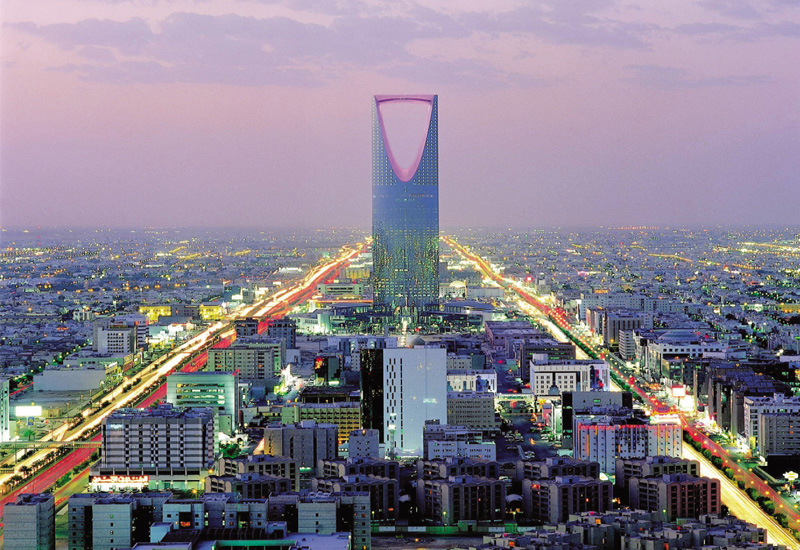The Saudi government is set to invest $30.9 billion in tourism over the next decade, with the sector closely aligned to the country’s GDP.
But in the meantime, hoteliers in both Riyadh and Jeddah have to strategise in order to cope with their own unique supply and demand challenges and maintain the rates to which they have become accustomed
Things are moving fast for Saudi Arabia, the world’s second-largest Arab state, and home to the biggest energy company in the world, Saudi Aramco which generates more than $1 billion a day in revenues.

| Advertisement |
With the Kingdom’s GDP predominantly driven by oil and gas, it has been sheltered from the economic downturn of recent years and has been powering ahead with infrastructure projects that look set to boost tourism in the coming years.
In fact, travel and tourism investments in Saudi Arabia have grown at a CAGR of 5.8% since 2001 and are estimated to have reached SAR 20.55bn (US $54.8bn) at year-end 2012. This is expected to increase at an annual rate of 6.7% to reach SAR 33.5bn ($89.3bn) of total investments by 2020.
According to a Colliers report, economic activity generated by hotels and other key industries in the tourism sector have been closely aligned with the country’s economy, and between 2008 and 2011 the correlation between KSA GDP and tourism contribution to GDP equated to 95.7%.
This along with upcoming infrastructure developments have combined to instill a high level of confidence in hotel groups looking to invest in the country, reflected in the impressive pipeline of 118 properties set to open within the next three years.
Hilton Worldwide, which has been operating in KSA now for 20 years and currently has six properties there, has a pipeline of 20 hotels to open by 2017 — more than tripling its portfolio in a seventh of the time it has been in the country.
The company will also open its first Saudi corporate office in Jeddah this quarter so it can manage the upcoming pipeline more effectively.
Intercontinental Hotels Group, which celebrates its 40th anniversary in Saudi Arabia next year, has the largest international branded portfolio in the Kingdom, with 24 operating hotels offering 5800 rooms, and seven more in the pipeline to open in the next two years.
Additionally, Fairmont Raffles Hotels International is venturing out beyond Makkah – where 100% of the group’s operating KSA portfolio is based – with the opening of the luxury Fairmont Riyadh in the hope of diversifying its market share and attracting corporate visitors.
Riyadh, the capital city and seat of the Government, is regarded as the financial centre of the country, while the Eastern province cities of Al Khobar, Dhahran and Damman are largely linked to oil and gas, and thus attract another segment of corporate traveller.
Jeddah is both a popular domestic tourism destination, especially during the summer, and a strong corporate market since it is the largest port in KSA. Makkah and Madinah on the other hand remain heavily driven by religious tourism and are currently experiencing huge expansion and development.
Although the main purpose of inbound tourism continues to be religious pilgrimages, which constitutes 40% of overall inbound visitation, in this month’s Hotelier market update we will focus on the development of infrastructure and properties to support the corporate visitor market. The focus will be on Riyadh and Jeddah, which share the corporate business related to government.
Article continues on next page ...









 Search our database of more than 2,700 industry companies
Search our database of more than 2,700 industry companies









